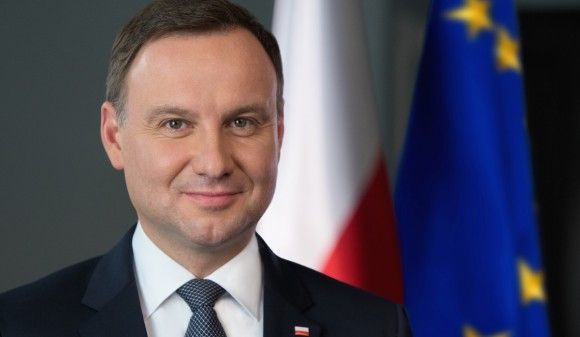Armed Forces
V4 Group Troops Protecting the Baltic States
Hungarian Ministry of Foreign Affairs and Trade announced that the states belonging to the Visegrad Group came to an agreement, concerning the deployment of soldiers to the Baltic States. As it was stressed by Péter Szijjártó, Hungarian Minister of Foreign Affairs and Trade, a Hungarian Army component will also be deployed, obviously.
The agreement between the states obliges all of the members of the V4 group to select a detachment which would stay on alert for 3 months in the Baltic region. The first rotation is expected to begin as early as 2017. The goal of the undertaken steps is to bolster the NATO presence within that region.
The decision made by the V4 group was revealed to the media by the Hungarian Minister of Foreign Affairs and Trade, Péter Szijjártó, who took part in the meeting involving the representatives of the Group, Baltic Republics and of the Scandinavian Countries. The event was held in Lithuania. According to the released information and the declaration made by the Hungarian Ministry, each of the countries shall prepare a deployment of 150 troops, who are to be stationed within the Baltic area.
Detailed arrangements related to the whole operation are to be made just before the NATO Summit in Warsaw. The whole process will be a joint effort of the commanders from the states involved. Results of the undertaken work will be then presented to the Defence Ministers.
The plans related to deployment involving the Polish soldiers, within the Baltic region, were also mentioned by the Polish Defence Minister, Antoni Macierewicz. As Macierewicz noted, such activities are to expand the cooperation within the area of regional security, reinforcing the bilateral relationship with the Baltic states. Head of the Polish Ministry of Defence referred to those plans during the meeting of the Defence Ministers of Poland and Latvia, in March this year.
Czechs also expressed their readiness to send the Czech units to the Baltic States. “There is a talk of a platoon (of the Czech Army – editor’s note), roughly 100 people, who would take part in the alliance's contingent.” – as it was stated by the Czech Defence Minister Martin Stropnicky. Czech Defence Minister announced that the above constitutes the Czech contribution to the NATO plans, assuming that land, air and naval forces would be deployed to the Baltic states and to Poland, in order to deter Russia from any aggressive steps that could be taken against the NATO member states.


